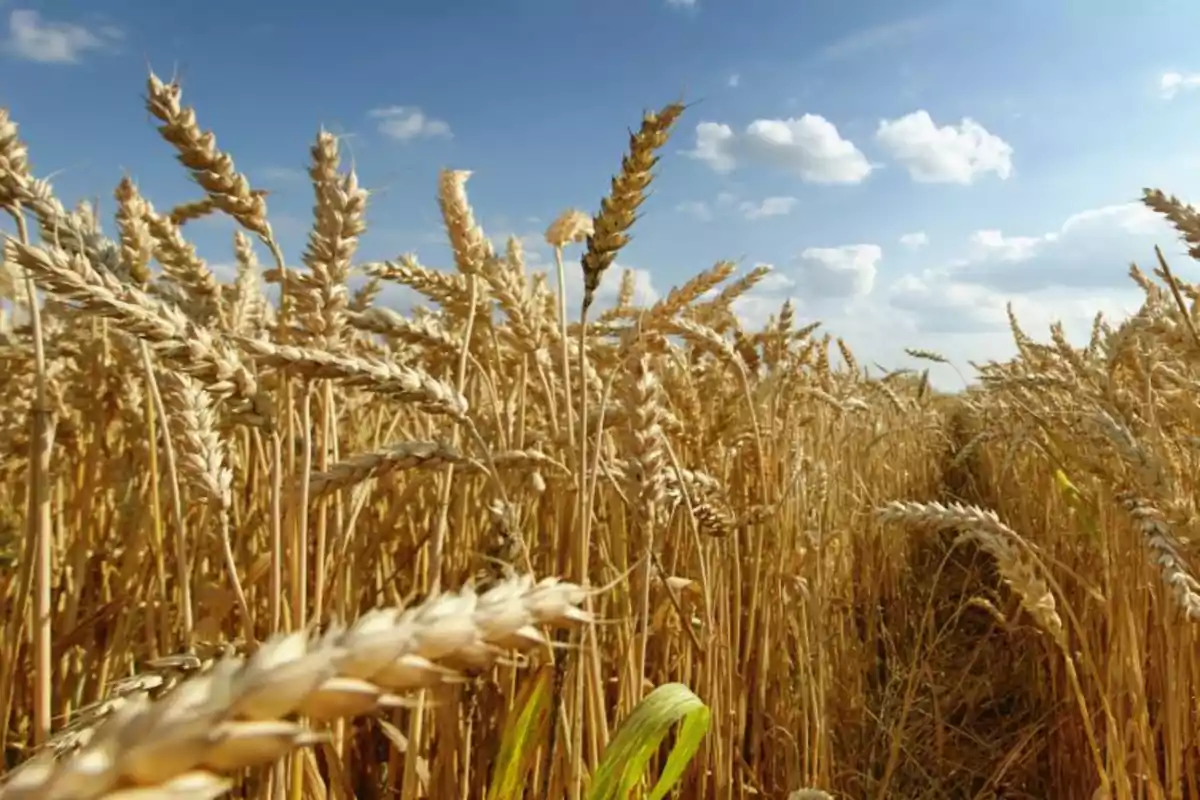
Entities in the agricultural sector considered the reduction of export duties on wheat and barley to be positive.
The Buenos Aires and Córdoba Grain Exchanges, among others, highlighted the government's measure
Various entities linked to the agricultural sector described the Government's measure to continue reducing export duties on wheat and barley until March 31, 2026, as "positive."
They also highlighted that Javier Milei's government continues on the path of fiscal surplus.
This is a decision that will impact producers' planting decisions.
According to estimates from the Rosario Board of Trade, in the 2025-26 season, 7.2 million hectares of wheat will be planted, which makes it the largest in the past 15 years.
Among the entities that valued the continuation of the reduction in export duties are the Grain Exchanges of Buenos Aires, Córdoba, Bahía Blanca, and Entre Ríos.
The Rosario, Santa Fe, and Chaco Boards of Trade also joined in.
The entities stated that "the announcement of the continuation of the reduction in export duties for wheat and barley is a good and long-awaited measure to encourage the planting of the fine harvest, improving productivity that will surely translate into higher production volumes and foreign currency income."
They also expect that the government, "by continuing on the path of fiscal surplus, will soon be able to continue improving conditions for all crops," they stated in a press release.
In particular, the Córdoba Grain Exchange issued its own statement celebrating the measure.
"In this new context where projections are once again hopeful, we positively value the government's effort to extend the temporary reduction of export duties for wheat and barley," it states.
"In Córdoba, wheat is advancing strongly and we are facing a new planting cycle that invites us not only to set the agricultural engine in motion, but also to sow ideas for the genuine development of the country," it adds.
"Agronomic and market conditions open a window of opportunity. It is time to look ahead, to think strategically, and to dare to imagine a scenario where export duties are no longer a burden on national production, but rather a stage surpassed in the evolution of our agribusiness system," it concludes.
The president of the Argentine Rural Society, Nicolás Pino, also celebrated it.
"The government's decision to postpone Export Duties (DEX) and extend them for the fine harvest, at a time when producers are deciding on that planting, is a good message," he said.
He also stated that very good times are coming for livestock.
Producers' satisfaction with Milei's measure
Meanwhile, producers from different areas of Buenos Aires expressed satisfaction with the Milei government's measure, as it encourages them to continue betting on planting.
They also highlighted that thanks to the "macro," herbicide and fertilizer prices have dropped, which are important inputs for planting.
"The measure has a positive impact. Today I read the margins with this extension already factored into the market, and the numbers work for the fine harvest, and they do," said Junín producer Alejandro Acerbo.
More posts: